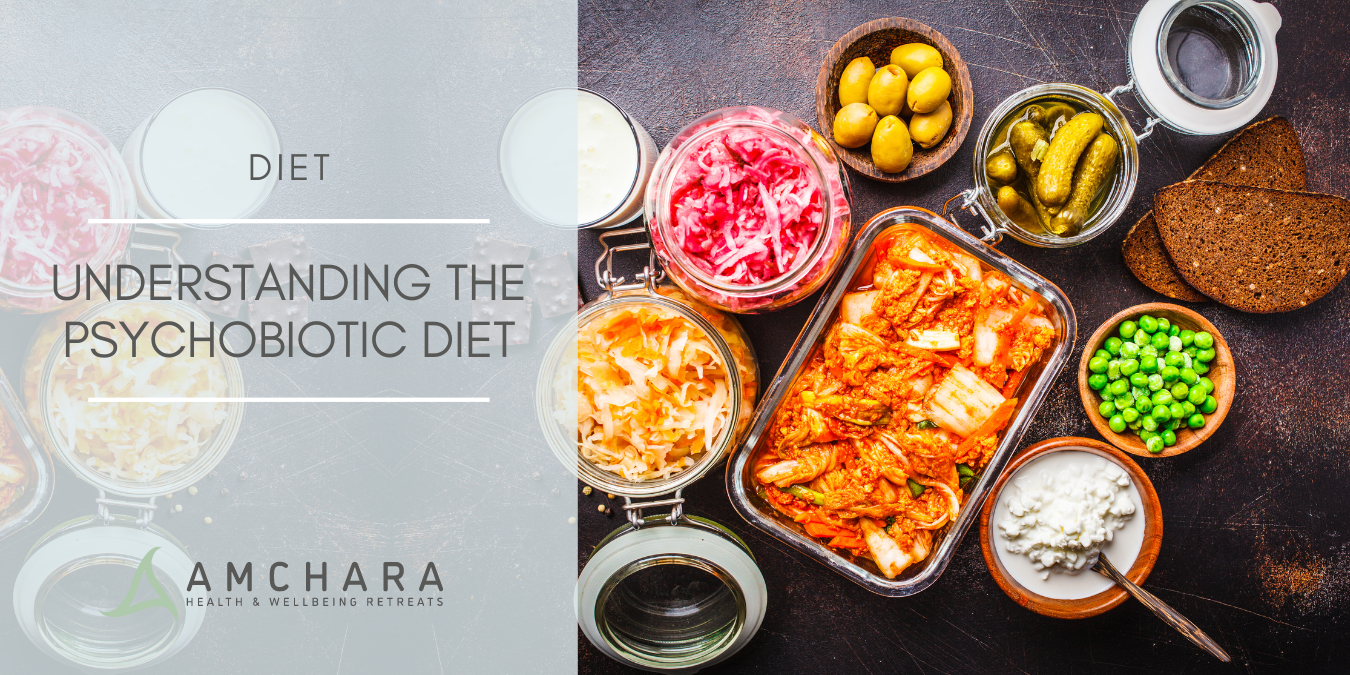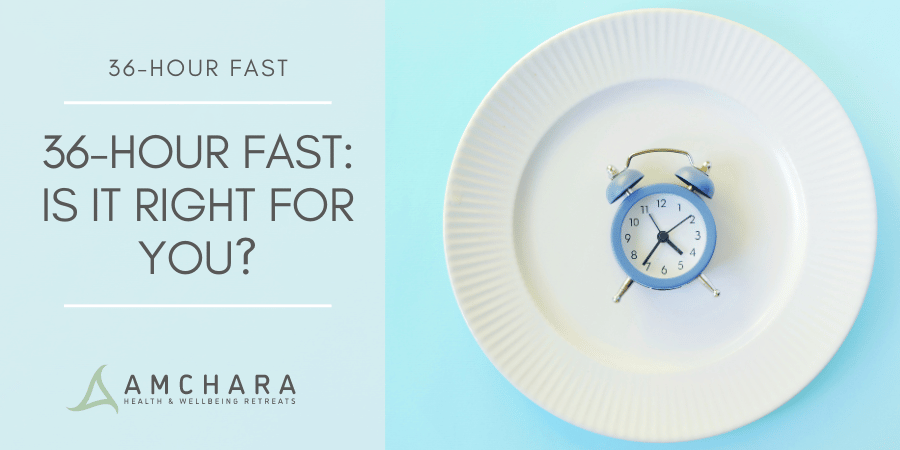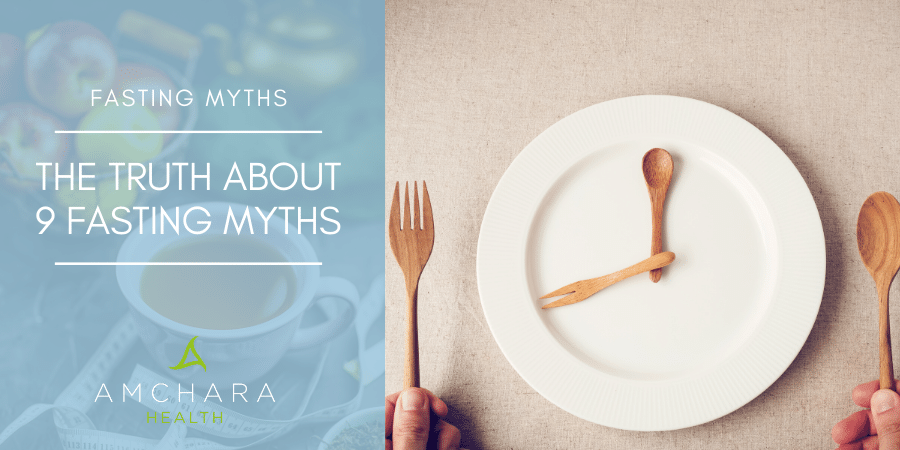Topics Covered in this article:
The psychobiotic diet is rooted in the emerging field of psychobiotics, which explores the connection between gut health and mental health. It is gaining attention for its unique focus on improving gut-brain health, and its potential to boost mental wellbeing.
The emphasis is on foods that support a healthy gut microbiota, known as psychobiotics, which promote optimal brain function and mental health.
In the modern internet world there is an overwhelming amount of information; it can be hard to navigate and find health advice that you can trust, particularly as the main media channels are typically dominated with a single, orthodox narrative.
Our articles are always written from an evidence-based perspective, and orientated towards a holistic and Personalised Health approach – we aim to provide you with actionable knowledge and tips to help you on your journey to optimal health.
In this article we’ll look into the concept of the psychobiotic diet, explore its popularity, discuss its suitability, outline its health benefits and potential drawbacks, and compare it with other popular diets.
What are psychobiotics?
Psychobiotics are live bacteria or other beneficial compounds found in certain foods that are thought to be able to exert a positive impact on mental wellbeing by influencing the gut-brain axis (GBA) through changing the microbiota balance and stability. This bidirectional communication pathway between the enteric and central nervous system plays a crucial role in many important bodily functions, including regulating mood, cognition, and behaviour.
The psychobiotic diet emphasises foods rich in probiotics (beneficial bacteria), prebiotics (fibre-rich foods that feed beneficial bacteria), and other nutrients that support gut health and microbial diversity. By nourishing the gut microbiota with these specific foods, the psychobiotic diet aims to optimise brain function and promote mental resilience.
Why is the psychobiotic diet popular?
The psychobiotic diet has gained popularity recently due to growing interest in the gut-brain connection and its potential implications for mental health. Research suggests that imbalances in the gut microbiota, known as dysbiosis, may contribute to mood disorders such as depression and anxiety. By focusing on foods that support a healthy gut microbiota, the psychobiotic diet offers a natural and holistic approach to positively supporting mental wellbeing. Studies have shown that microbiota targeted diets may reduce stress and stress related conditions.
Additionally, the psychobiotic diet aligns with the broader shift toward integrative and personalied approaches to health, emphasising the importance of nutrition in supporting overall wellbeing. As more people seek ways to improve mental health through adopting positive lifestyle changes, the psychobiotic diet provides a practical and science-based framework for incorporating gut-friendly foods into daily eating habits.
Suitability of the psychobiotic diet
The psychobiotic diet is suitable for individuals looking to support their mental health through dietary changes and optimise overall wellbeing. It may be particularly beneficial for those experiencing symptoms of mood disorders such as depression, anxiety, or stress, as well as those seeking to enhance their cognitive function and emotional resilience.
The psychobiotic diet may also be suitable for individuals with digestive issues such as irritable bowel syndrome (IBS), inflammatory bowel disease (IBD), or dysbiosis, as improving gut health can help alleviate gastrointestinal symptoms and improve overall quality of life.
Health benefits of the psychobiotic diet
Considerations and potential drawbacks
While the psychobiotic diet offers many potential health benefits, there are some considerations and potential drawbacks to keep in mind.
Comparison with other popular diets
The psychobiotic diet shares similarities with other popular diets focused on gut health, such as the Mediterranean diet, the DASH (Dietary Approaches to Stop Hypertension) diet, and the low-FODMAP diet. While each diet has its unique emphasis and approach, they all prioritise whole, nutrient-dense foods that support gut health, reduce inflammation, and promote overall wellbeing.
However, the psychobiotic diet distinguishes itself by its specific focus on foods that contain probiotics, prebiotics, and other nutrients known to influence gut-brain communication and mental health and brain function. While other diets may indirectly support gut health through dietary factors such as fibre, antioxidants, and healthy fats, the psychobiotic diet approach is more targeted to optimise the gut-brain axis and promote mental resilience.
Here are some examples of foods that you can include in a psychobiotic diet
Probiotic-rich foods
Prebiotic-rich foods
Other gut-supporting foods
Takeaway
The psychobiotic diet offers a promising approach to improving mental wellbeing by nourishing the gut microbiota with foods rich in probiotics, prebiotics, and other nutrients that we know can support gut-brain communication.
While more research is needed to fully understand its long-term effects and individual variability, the psychobiotic diet represents a natural and holistic strategy for enhancing mood, cognitive function, and overall quality of life.
By incorporating psychobiotic foods into a balanced and varied diet, you can support your mental health and wellbeing while enjoying delicious and nutritious meals.
If you would like support on your journey to optimal health, then why not come to Amchara?
On an Amchara health retreat you will be immersed in a supportive and nurturing environment that enables you to switch off, relax and kickstart your health journey, with tailored advice from our Personalised Health practitioners, taking into account your individual health circumstances and goals, and including physical activities and empowering, educational talks.
Our retreats are designed to help you detoxify both physically and mentally, and our Personalised Health practitioners will support you and empower you to ‘Change for Good’.




